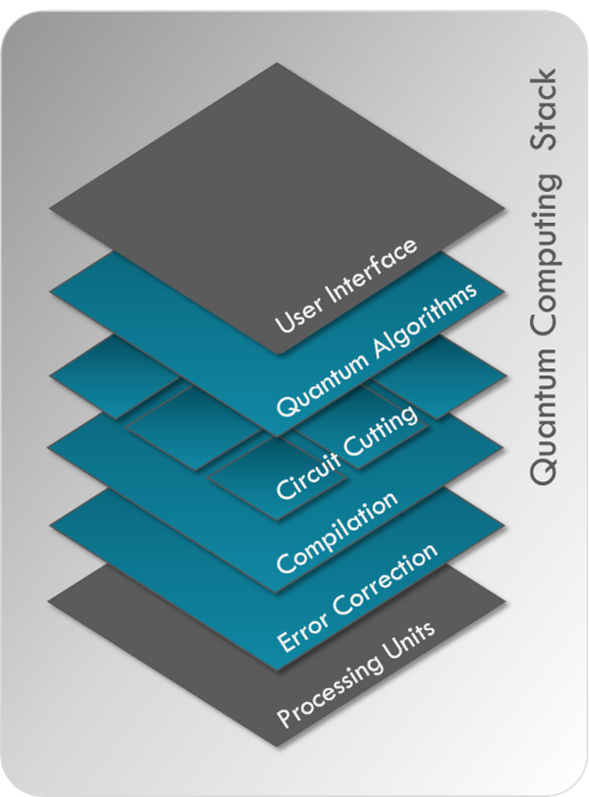Quantum computing – from theory to reality
The development in quantum computing is progressing rapidly: from a purely theoretical discipline, the first, real-world applications are emerging with universal, programmable quantum computers. While traditional computers work with conventional computing methods, quantum computing exploits quantum effects to perform a computation. Ideal quantum computers promise acceleration in solving specific problems such as mathematical optimization, machine learning, or quantum simulation. However, currently available quantum hardware is typically characterized as "NISQ" for "noisy intermediate-scale quantum." This is because this hardware has only a limited capacity for processing information and is susceptible to errors that can disrupt the actual computational process or readout of the computational result. Nevertheless, it is speculated that in certain applications, even NISQ quantum computers can provide an advantage over conventional computers and algorithms. Although at this stage, there are still many challenges to overcome in developing ideal quantum hardware, it is important to proactively explore potential application areas and become familiar with algorithms and principles of programming quantum computers, automating development processes and extending classical DevOps approaches to the quantum computing domain.


